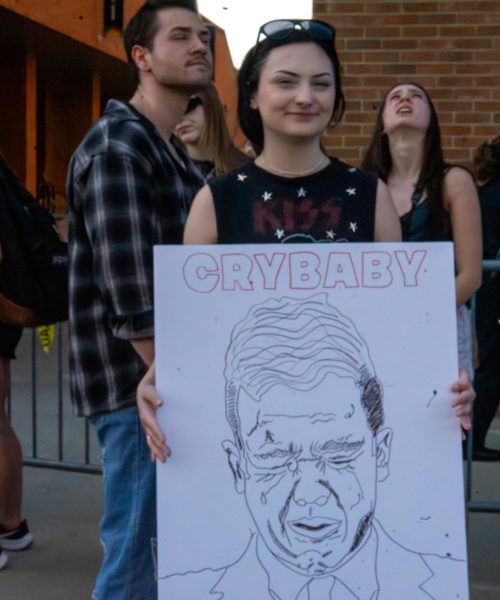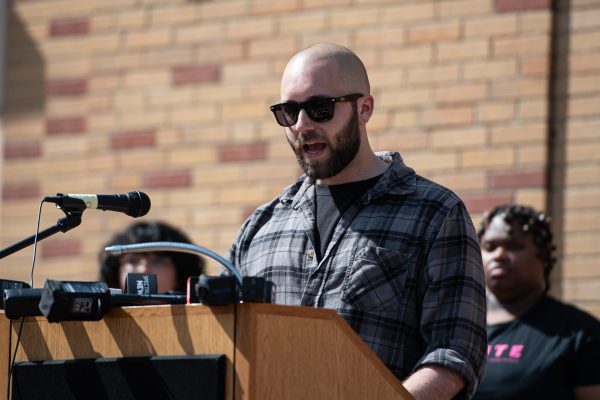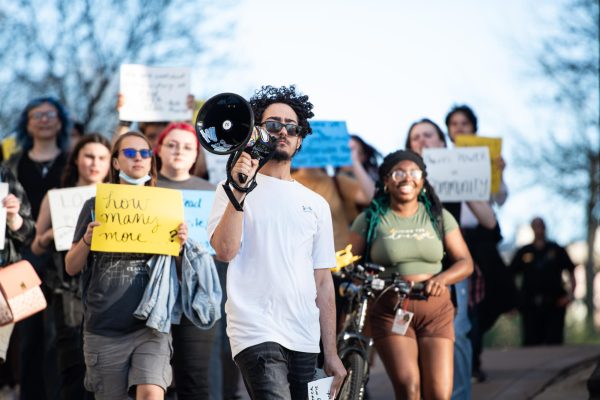Talks resume between faculty, administration
April 29, 2005
The university and the faculty union return to the bargaining table today during what has been one of the longest contract negotiation periods yet, said Scott Rainone, assistant director of university media relations. The parties plan to negotiate throughout May.
The university wants to get back to the bargaining table and is pleased about recent progress in planning dates, Rainone said.
Many factors have contributed to the length of negotiations, but concerns about health benefits have been a large hold-up.
A lack of willingness to negotiate on the administration’s part has been the main problem, said Michael Lee, physics professor and co-chair of the American Association of University Professors, Kent State chapter’s action committee.
Progress has been made during the negotiation process, Rainone said. Decisions on governance issues, such as teaching loads, were successful at the beginning of negotiations. Economic considerations, such as salary increases and health benefits packages, have been creating the delays.
A new contract would possibly eliminate the “no-monthly contribution health care plans,” which would require faculty to pay more money in the long run.
The contract could institute a “cost pass through” for health care, requiring faculty members to pay cost above a certain amount. Both possibilities concern the union, said Cheryl Casper, AAUP president and economics professor.
This concern has been expressed through actions made by the AAUP action committee, which has been organizing activities such as informational picketing and leafleting to raise awareness and express discontent with the negotiations, Lee said. The ultimate job of an action committee is to prepare for a strike.
This possibility of a strike has been discussed casually among the council and could easily become a reality if certain changes are proposed in medical benefits, Lee said. While he said people are expecting some increase in co-pay, dramatic changes will most likely cause trouble.
“A strike is always a possibility, but we don’t want to see that happen,” Casper said. “Hopefully, it won’t come to that.”
However, if a resolution is not reached, Casper said the union will take actions such as these.
Contact academics reporter Rachel Abbey at [email protected].























